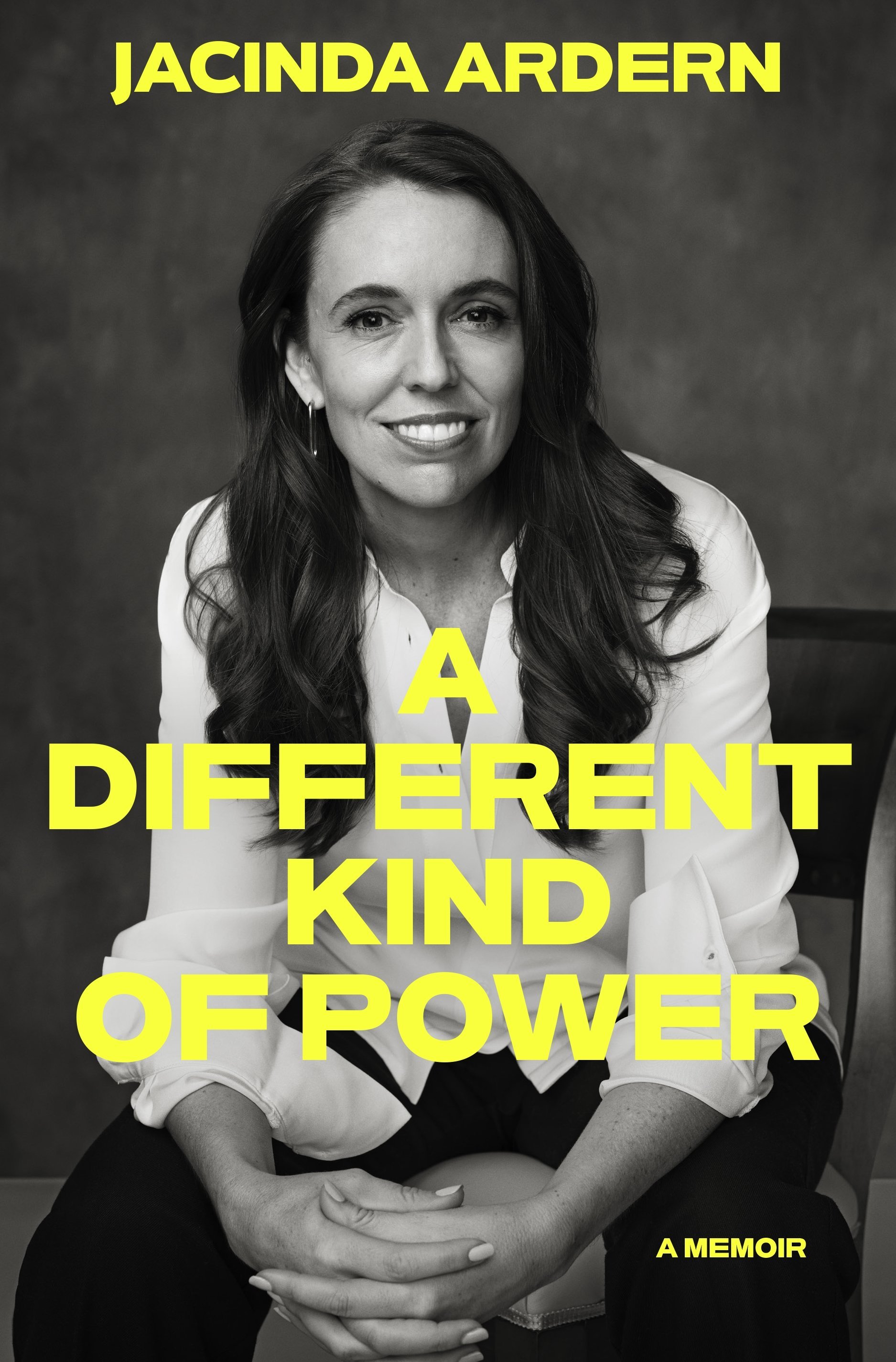
A DIFFERENT KIND OF POWER
Jacinda Ardern
Penguin
REVIEWED BY MIKE HOULAHAN
As anyone who has taken even a passing glance at the pages of the Otago Daily Times this week cannot have failed to notice, former prime minister Dame Jacinda Ardern has a book out.
Even more glaringly obvious is that New Zealand’s 40th prime minister, a woman once hailed as the great unifier, still polarises people like few leaders this country have done.
The letters page has mixed hagiography and vitriol; social media has been all afrenzy.
What has somehow been lost in the heat and fire is that all this furore is about a book - and amidst a blizzard of commentary there is very little as to whether it is actually a decent read or not.
Well, for a start, of the three books on, or by, Jacinda Ardern that I’ve reviewed - and the fact that that makes her by far the most such scrutinised New Zealand prime minister speaks volumes - this is by far and away the best.
That should come as no surprise.
One was a foreign-authored cut-and-paste job with dubious ‘‘co-operation’’ from its subject, while the other, while well-written, was as much about the author as its subject.

This is the woman who always got a touch grumpy when - as I have with every PM I have had professional dealings with - I insisted on calling her ‘‘prime minister’’ rather than ‘‘Jacinda’’... but who equally, and unfailingly, always asked about the health of our children.
She actually does go out of her way to be likeable, engaging and - yes - kind, and it has always felt genuine and never forced.
She has always been a pleasant, interested and interesting conversationalist, and A Different Kind Of Power often feels like its author is telling you a story over a cup of tea or a single malt.
This is most apparent in the opening third of the book, in which Ardern describes her childhood and upbringing - by turns rose-coloured or tinged with sadness as events unfolded.
Perhaps because it is the least controversial part of Ardern’s story, the bit she feels most relaxed and least self-analytical about, it is also the most entertaining.
The second part of the book describes Ardern’s unlikely entry to Parliament, followed by her even less likely ascent to the leadership of the Labour party.
She skirts through these years carefully, trying hard not to offend anyone - again, typical behaviour, as A Different Kind Of Power often demonstrates.
That said, former leader David Cunliffe does not come out of things at all well.
Someone who does emerge in shining red colours, however, is South Dunedin’s favourite son, Grant Robertson, who - after the main hero, Ardern’s partner Clarke Gayford - is in contention with Ardern’s father Ross for being the best supporting actor of this story.
The third part of the book, the Ardern prime ministership, is a mixed bag.
The best bits are terrific: her insider’s account of March 15 is electrifying, her rundown of the early days of Covid-19 are compelling.
Those two events, unsurprisingly, dominate this part of the book.
Many of the major political events of her time are either skirted over or nor addressed at all.
This is no doubt due to the expected international audience for A Different Kind Of Power - readers in Manchester or Massachusetts are unlikely to care much about the Provincial Growth Fund, child poverty reduction targets or Kiwi Build.
But it also means that the definitive account of Jacinda Ardern’s time as prime minister still waits to be written.
Overall, despite its shortcomings, this is a good and often very funny read about a fascinating figure and contains many interesting insights.
The sad thing about that sentence is that even that faint praise is going to see my email inbox clog up with vitriolic emails - and I know this because that exact thing has happened, despite my commentary being as neutral and even as possible, almost every time I have written about Ardern.
There is definitely a book still to be written which explores that subject.
Mike Houlahan is the ODT political editor












